The International Court of Justice in The Hague on Wednesday, January 31, announced a verdict in Ukraine’s lawsuit against Russia for violation of the International Conventions prohibiting the financing of terrorism and overcoming racial discrimination.
The court hearing concerns the claim of Ukraine against the Russian Federation for violation of the International Conventions on the Prohibition of the Financing of Terrorism and the Overcoming of All Forms of Racial Discrimination, it is reported on the court’s website. Solution was announced during a court hearing today.
Thus, the ICJ recognized that Russia violated some clauses of the convention prohibiting the financing of terrorism, without investigating financial support for separatist groups in eastern Ukraine in 2014. However, the court did not order compensation to be paid, as Ukraine requested. The court also rejected claims regarding violations of other clauses of the convention.
Considering the part on racial discrimination, the court held that doesn’t countthat Crimean Tatars and ethnic Ukrainians experienced physical violence and persecution from Russians based on their ethnicity.
“Virtually any adverse impact on the rights of Crimean Tatars and ethnic Ukrainians can be explained by their political opposition to Russia’s behavior in Crimea.”the court noted.
The ICJ decision also states that physical violence tested in Crimea not only Crimean Tatars and ethnic Ukrainians, but also “people of Russian and Central Asian origin.”
However, the court recognized that Russia violated the convention on racial discrimination due to the deprivation of children in occupied Crimea of the opportunity to study in the Ukrainian language, as well as due to restrictions of the Mejlis of the Crimean Tatar people. The court also found that Russia had violated its obligation since 2017 to refrain from any actions that could aggravate or widen the dispute with Ukraine.
The court concluded that Russia did not investigate the financial support of the “DPR” and “LPR”, but rejected most of Ukraine’s claims and did not award compensation, as Kyiv sought.
There is a similar decision in Crimea – the court recognized that the Russian Federation did not protect education in the Ukrainian language in Crimea; enrollment in it fell sharply after the annexation of the peninsula by the Russian Federation in 2014. However, he rejected the remaining claims and also did not award compensation to Ukraine.
Ukraine’s claim against Russia was filed in January 2017, and in November 2019, the court in The Hague accepted it for consideration. Russia tried to prove that the Hague court did not have jurisdiction to consider this case, but the court recognized its jurisdiction.
In mid-June 2023, nine years after the MH17 disaster and almost a year and a half after Russia decided to expand the conflict with Ukraine into a full-scale invasion, the case came to a hearing on the merits.
Kyiv insisted that Moscow was sponsoring terrorism in the Donbass and was responsible for the activities of separatist groups. In particular, it is guilty of using a Buk missile launcher brought from Russia in June 2014 to shoot down the passenger Boeing MH17, which was flying from Amsterdam to Kuala Lumpur. In his final speech, the representative of Russia Michael Swainston called Kyiv’s statements “fiction”: “No Buk came from Russia,” he said in court.
Earlier, a Dutch court decided that Russia was responsible for the death of 298 passengers and crew members of the Malaysia Airlines Boeing 777, including 196 Dutch citizens, as well as for the refusal to properly investigate this case.
In response to Swainston’s allegations, Ukrainian Foreign Ministry spokesman Anton Korinevich called Russia a “terrorist state,” adding to previous arguments the accusation of destroying the Kakhovka dam in the Kherson region in the summer of 2023.
In addition, according to Ukrainian accusations, Russia has been systematically discriminating against the non-Russian population of annexed Crimea, including Crimean Tatars, since 2014. “Starting in 2014, Russia first illegally occupied Crimea and then launched a cultural cleansing campaign targeting ethnic Ukrainians and Crimean Tatars,” Korinevich said. Representative of Russia in court Alexander Shulgin accused Ukraine of “blatant lies and false accusations even in court.”
The decision of the UN Court is final and cannot be contested. At the same time, the Hague court does not have any mechanisms that would force Russia to comply with it.
In March 2022, the UN court ordered Russia to suspend military operations in Ukraine as interim measures in another lawsuit filed by Kiev: Moscow’s violation of the genocide convention in connection with a full-scale invasion. This decision remained without consequences. The UN court is expected to decide on Friday this week whether it has jurisdiction to hear the genocide claim.
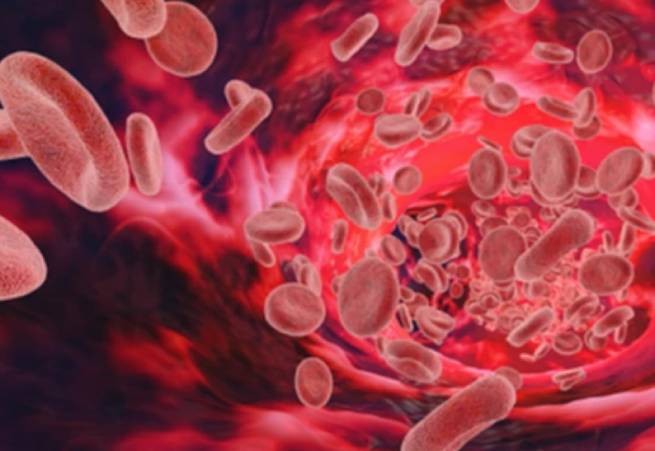

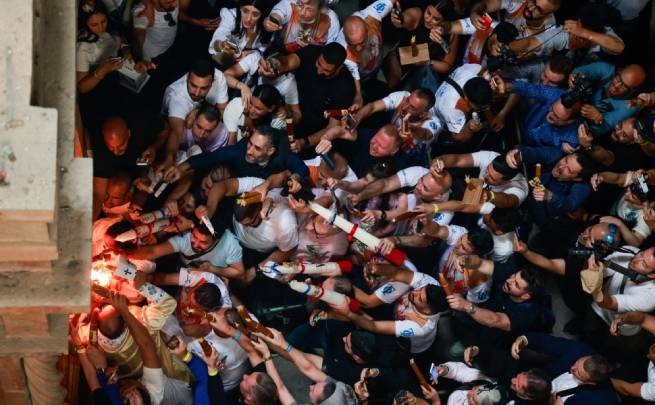
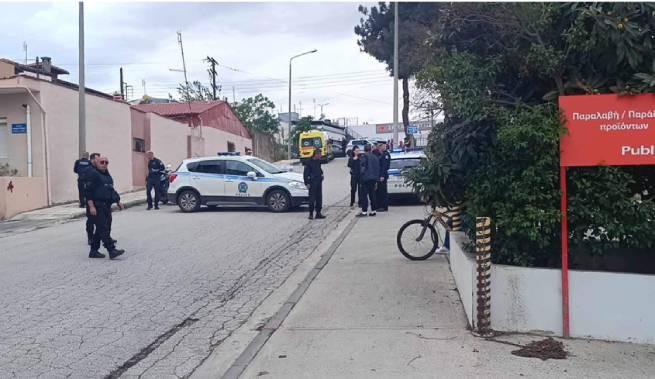
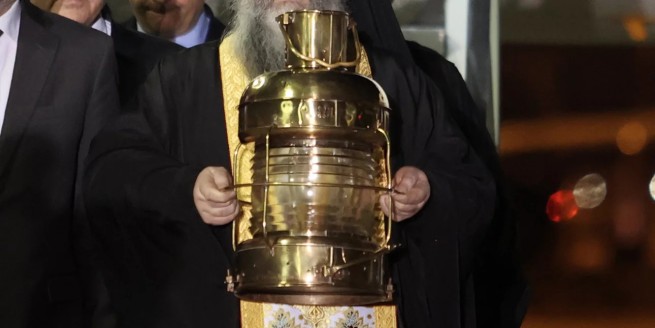
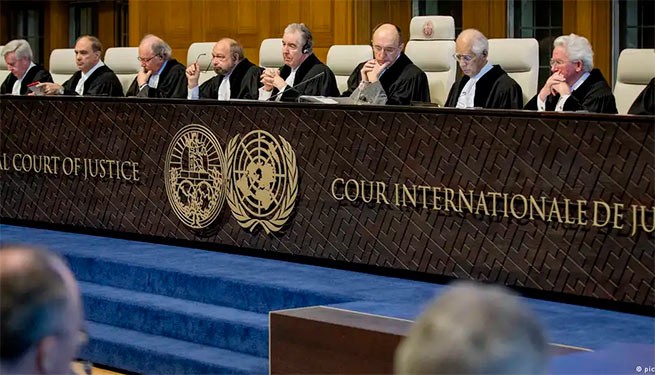

More Stories
Deputy Head of the Main Intelligence Directorate: "Such wars can only end with agreements"
What blew up the Crimean Bridge in 2022
There will be no forced return of Ukrainian men from abroad; the e-office for those liable for military service will start working on May 18